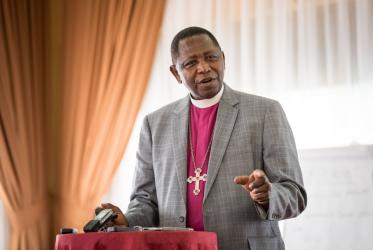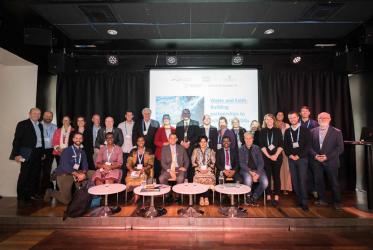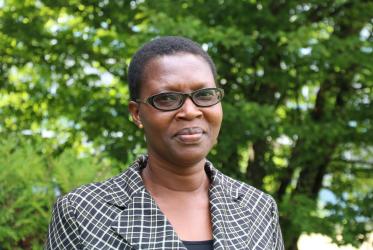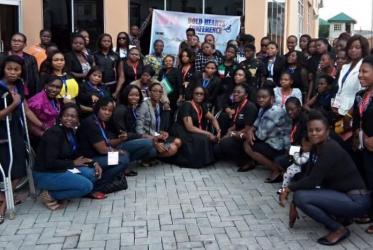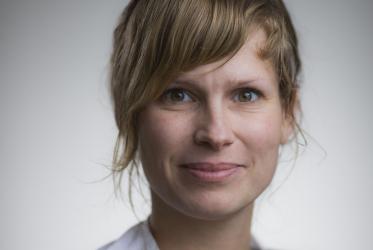Displaying 161 - 180 of 292
“Facing the storm of HIV, we can move together, be agents of change”
06 September 2017
"We have our work cut out for us"
10 August 2017
Religion meets science in forum at WCC
09 August 2017
A communicator on the move
10 July 2017
G7 must address famine
22 May 2017
Youth engagement fundamental to HIV response
18 April 2017
On World Water Day, we ask: “why waste water?”
22 March 2017
In Lebanon, refugees face hardship - but find hope
16 March 2017
“It’s time to be brave, to form diverse partnerships”
02 March 2017
“Health and healing for all people, that is the challenge”
28 February 2017

